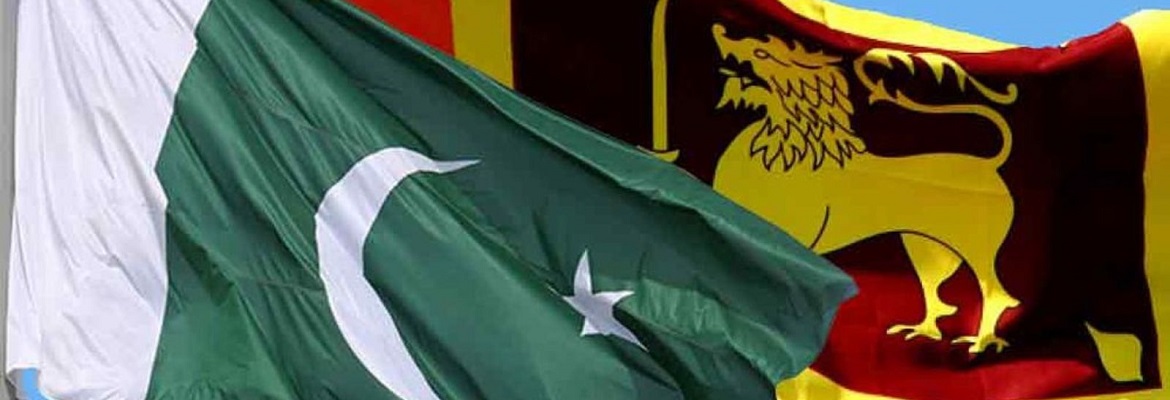Islamabad: Pakistan and Sri Lanka have agreed to explore joint cooperation in marine tourism, recognising the potential of their extensive coastlines and rich marine biodiversity to promote sustainable economic growth and regional connectivity.
The understanding was reached during a meeting between Federal Minister for Maritime Affairs Muhammad Junaid Anwar Chaudhry and Sri Lankan Minister for Transport, Highways and Urban Development Bimal Niroshan Rathnayake, who called on him in Islamabad.
During the meeting, Minister Chaudhry proposed enhanced collaboration in the marine tourism sector, highlighting that marine industries, including fisheries and tourism, play a vital role in supporting livelihoods, particularly in developing countries.
“The economic living of nearly three billion people depends on the ocean economy, most of whom reside in developing regions,” he said, citing global studies that estimate coastal and marine tourism generates around 6.5 million jobs worldwide. He added that the ocean economy is projected to grow by 3.5% annually, with marine and coastal tourism expected to become the largest value-added component by 2030.
Pakistan, with a 1,000-kilometre coastline, is focusing on developing its coastal and marine tourism sectors by promoting harbour cruises, recreational fishing, yachting, and maritime heritage tourism, particularly around Gwadar and Karachi.
The minister suggested initiatives such as joint marine tourism routes and packages linking major coastal destinations in both countries, improved ferry services, cultural exchanges, and coordinated marketing campaigns to attract regional and international visitors.
Sri Lankan Minister Rathnayake welcomed the proposal, noting that his country’s established marine tourism infrastructure could complement Pakistan’s emerging coastal tourism potential. He said Sri Lanka’s recently launched Marine Tourism Roadmap aims to strengthen its coastal economy through eco-friendly tourism zones and upgraded infrastructure in areas such as Kalpitiya, Trincomalee, Mannar, and Jaffna.
“This cooperation could expand mutual tourism growth, increase regional visitor traffic, and promote our shared marine and cultural assets,” he remarked.
Both ministers agreed that enhanced collaboration in marine tourism could create new employment opportunities, promote marine conservation, and support sustainable coastal development, contributing significantly to the regional blue economy.







